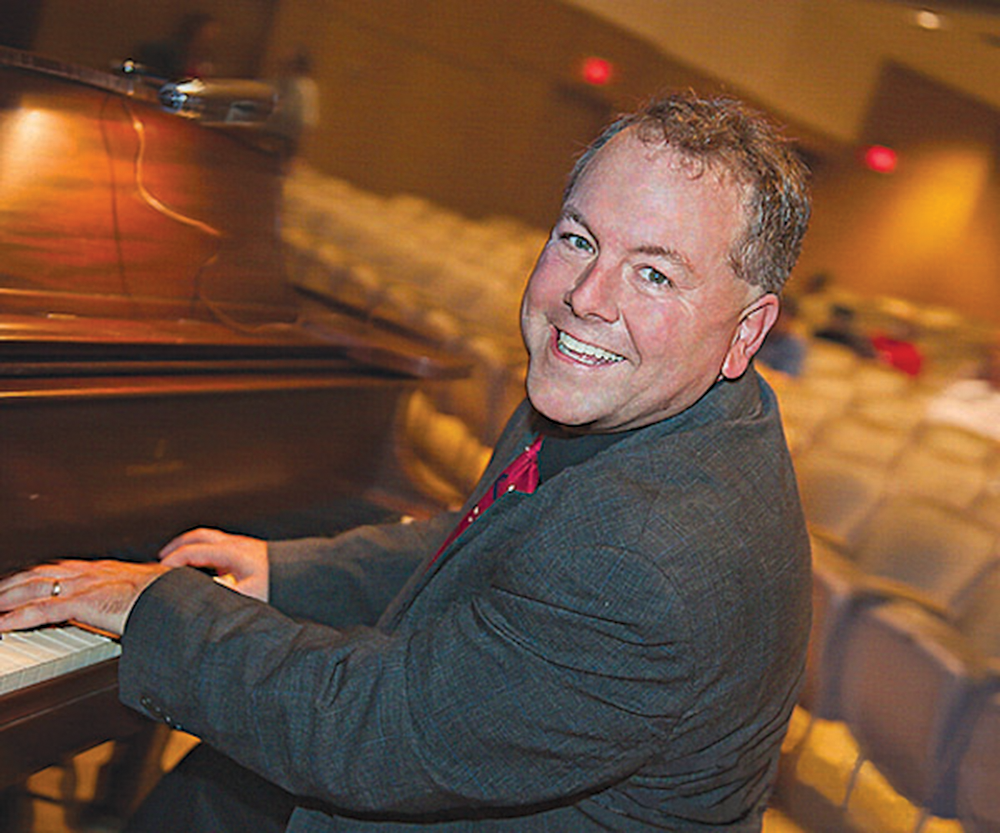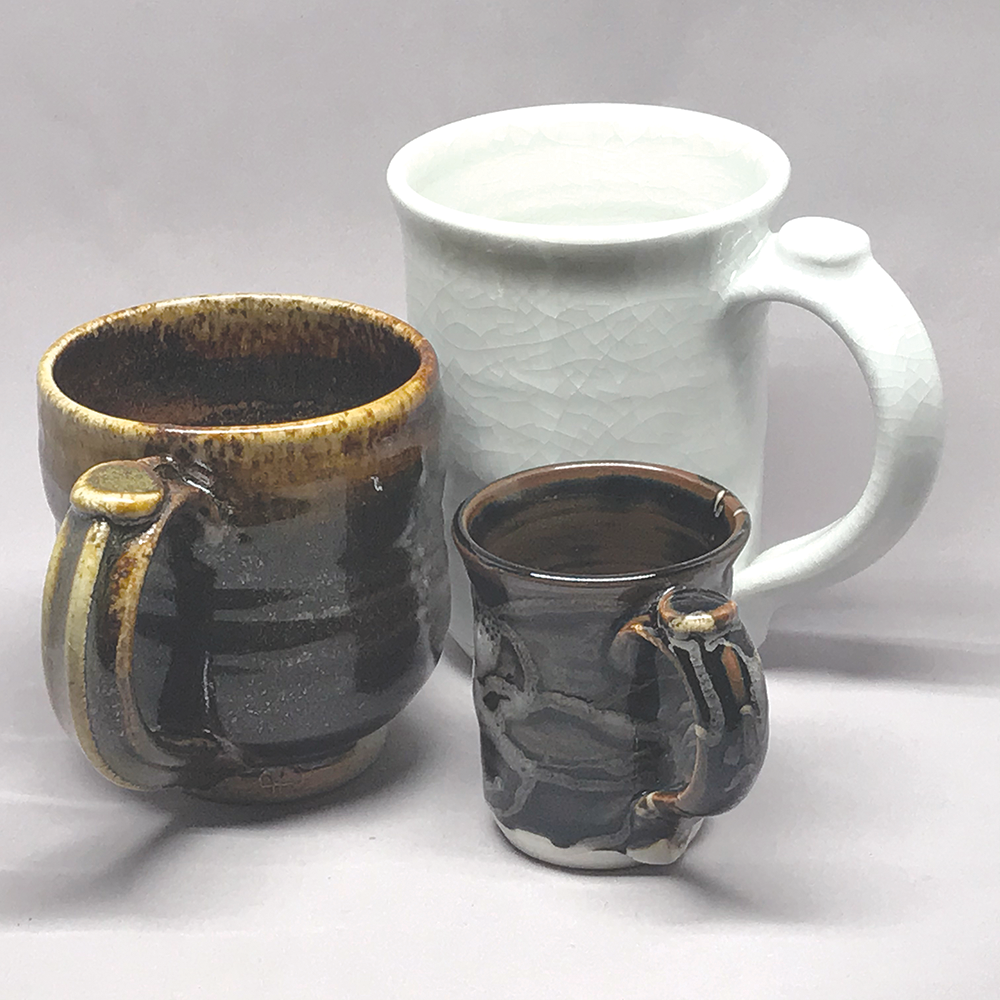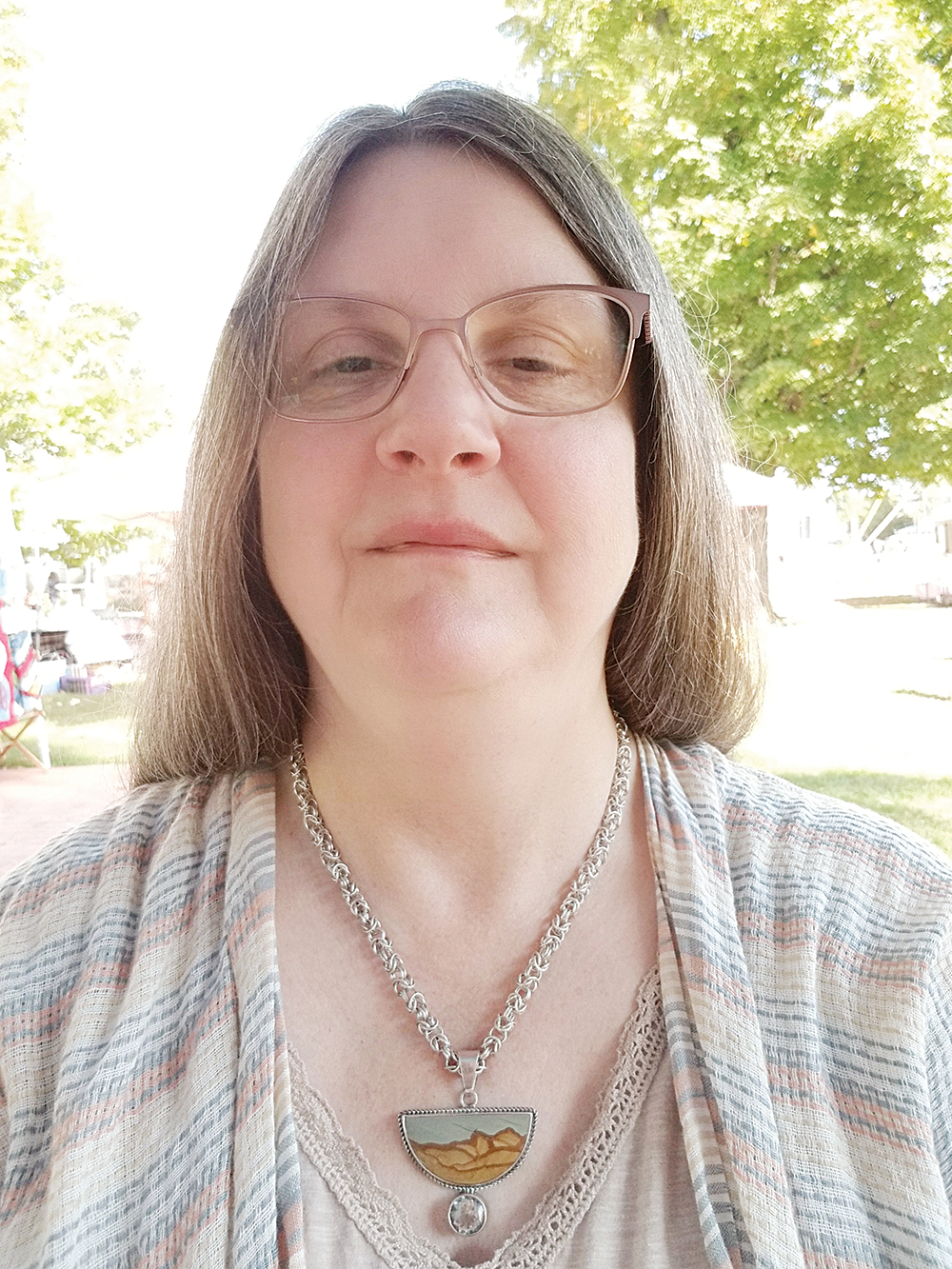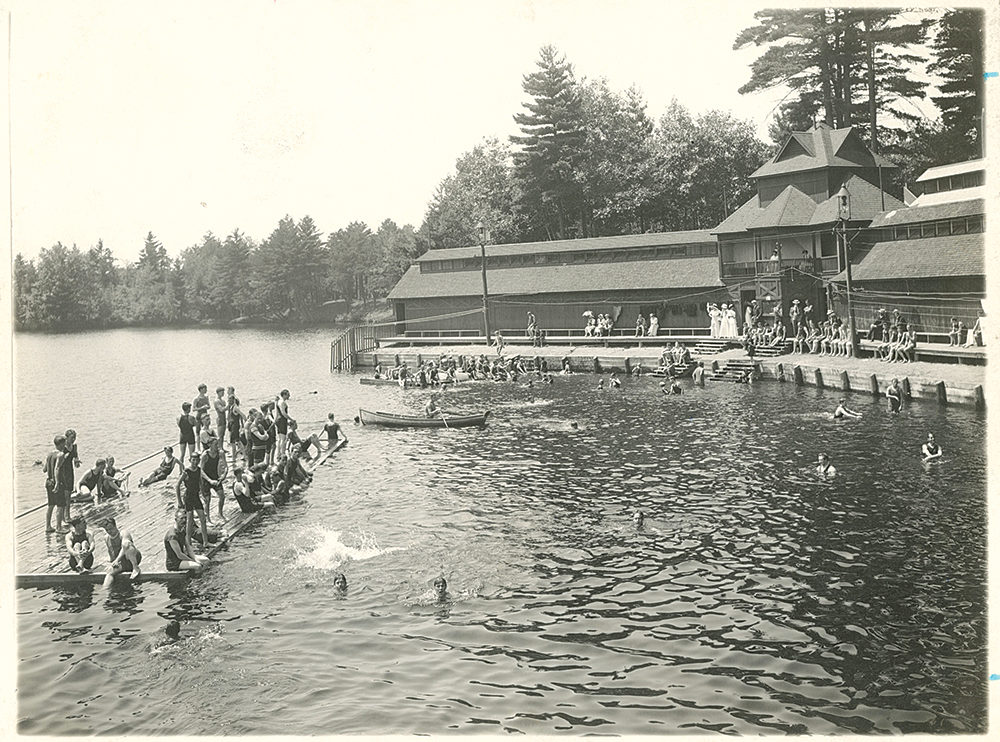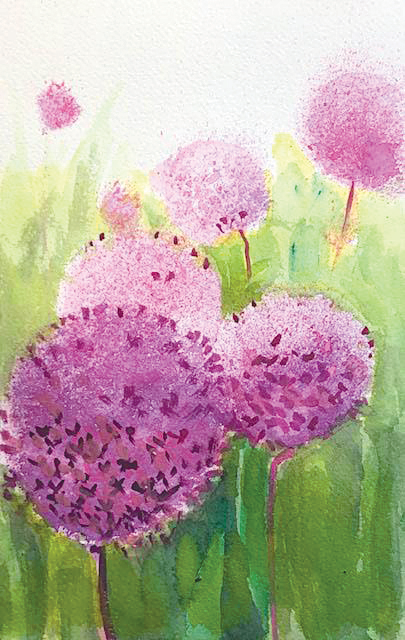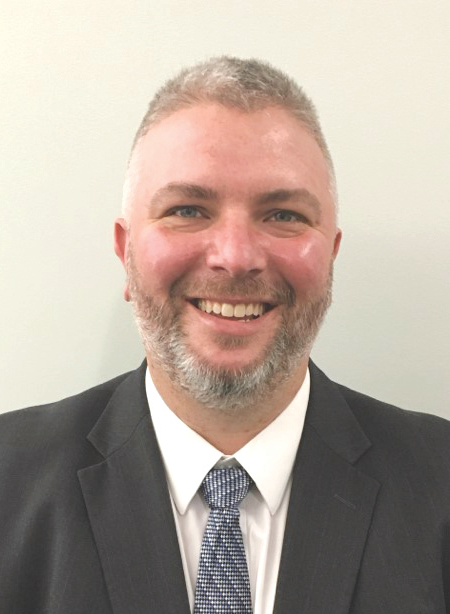Town Hall Theatre hosts Silent Film Comedy Week
The Town Hall Theatre in Wilton restarted its silent film series in July, featuring live music by accompanist (and Hippo co-founder and associate publisher) Jeff Rapsis. After attracting more of a crowd than its first-run movies had, theater owner and operator Dennis Markaverich decided to forgo new movies until the fall and host a Silent Film Comedy Week at the theater from Aug. 10 through Aug. 14. Rapsis talked about the event and what viewers can expect.
How did this week of silent films come about?
It was an invention born of necessity. … Dennis … programmed [first-run films], but nobody was coming to them. … He was sitting there some nights with only one person in his two theaters. … I’ve done two silent film screenings there since the theater reopened, and we were surprised that the silent films actually attracted the largest audiences since reopening. … We thought … why not take some of the great comedies from the 1920s, which are always crowd-pleasers, and run them instead of first-run films?
Why do you think the silent film screenings are so popular?
There are people who really love this art form and come from far and wide to see these films. … We’ve been running silent films with live music at the Town Hall Theatre regularly every month for 13 years … so we’ve sort of developed a loyal audience for it, and a momentum.
Why comedies?
Comedies are really special because during the silent film era a comedy was not about telling jokes or stories; there was no sound, so the humor was all visual, not verbal … and an accident of that type of humor is that it still holds up really well today. If [comedians] were doing standup in the 1920s … we wouldn’t understand any of the jokes today … but visual humor is timeless … and works in different cultural contexts. … Anyone, no matter where they were in the world, could follow the story and enjoy it.
When and how did you start doing this?
I’ve been doing it regularly since about 2007. … The Palace Theatre in Manchester didn’t have anything planned for Halloween, so I volunteered to do the music for a screening of the silent film Phantom of the Opera. … I really enjoyed doing it and kept doing it … and now I do about 100 shows a year, generally two shows a week in New Hampshire or Boston. Sometimes, I travel across the country … and I’ve played in London a couple times. It’s been interesting … to go around the world, trying to bring silent films from a century ago to life for today’s audience.
How does the live musical accompaniment work?
I use a keyboard. It’s a digital synthesizer, so it’s not just piano. … One of the stereotypes about silent films is that they had some kind of rinky-dink piano accompaniment on an out-of-tune piano, but that isn’t how it was for these films. Nobody would have accepted that at the time, because the music was always such an important part of the experience. … With the synthesizer, I can create a score with everything from strings and woodwinds to bass drums, cymbals and percussion. It can recreate the texture of a full orchestra remarkably well.
How does live music enhance the experience?
Music plays quite a different role between [silent] films and contemporary film. In contemporary film, the music is all written out [by] one person. … For [silent] films, there was no official score. Most of the films were released by the studios to local theaters, and it was up to local musicians to come up with the right music for their audience. … In most cases, [the musician] would improvise the score on the spot. It was a skill that you can develop, which I have done, to create music in real time that responds not just to the film but to the audience’s reaction to the film, so every screening is a unique experience.
Why go?
It’s a great chance for people to experience something that they can’t get anywhere else. You can watch these films at home on video, but it’s not the same, because the nature of [silent films] is the idea of showing them in a theater with an audience and live music, and [the screenings] really recreate those conditions that these films were intended to be shown in. … I encourage people to give it a try. It’s unlike anything you may have experienced at a theater before.
Silent Film Comedy Week
Where: Town Hall Theatre, 40 Main St., Wilton
Schedule:
Monday, Aug. 10, 7:30 p.m. – The General (1926), starring Buster Keaton
Tuesday, Aug. 11, 7:30 p.m. – Tramp, Tramp, Tramp (1926), starring Harry Langdon
Wednesday, Aug. 12, 7:30 p.m. – The Kid (1921), starring Charlie Chaplin and Jackie Coogan
Thursday, Aug. 13, 7:30 p.m. – Grandma’s Boy (1922), starring Harold Lloyd
Friday, Aug. 14, 7:30 p.m. – Steamboat Bill Jr. (1928), starring Buster Keaton and Ernest Torrence
Cost: $10 per person|
More info: Call 654-3456 or visit wiltontownhalltheatre.com

